By Dr. Judith Hushon
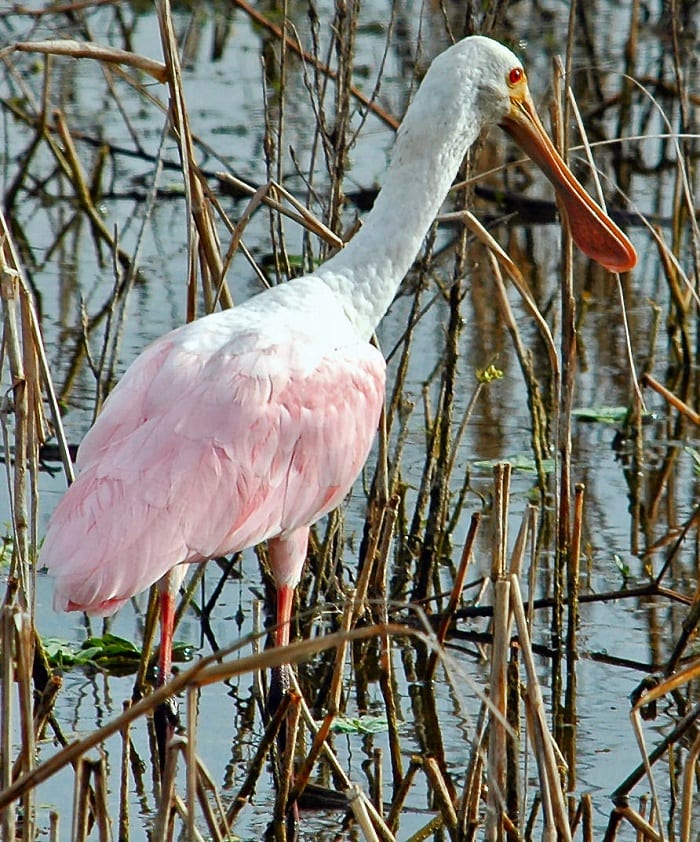
In the weeks since Irma, the weather has been beautiful out on Rookery Bay, usually with a light breeze and lots of sun. Rookery Bay is part of the 10,000 Islands that consist almost entirely of mangroves. This is the largest growth of mangroves in the western hemisphere! During Irma, many lost some leaves but they are growing back in a lovely “new” green color. The mangroves that grow closest to the water are the red mangroves with the characteristic prop roots and air roots hanging down. They are the real storm barriers because they are so resilient to waves and wind. Behind the red mangroves are the black mangroves and white mangroves. Their names are derived from the color of their bark. In the late spring, they release propagules that can float in the salt water for up to a year before taking root.
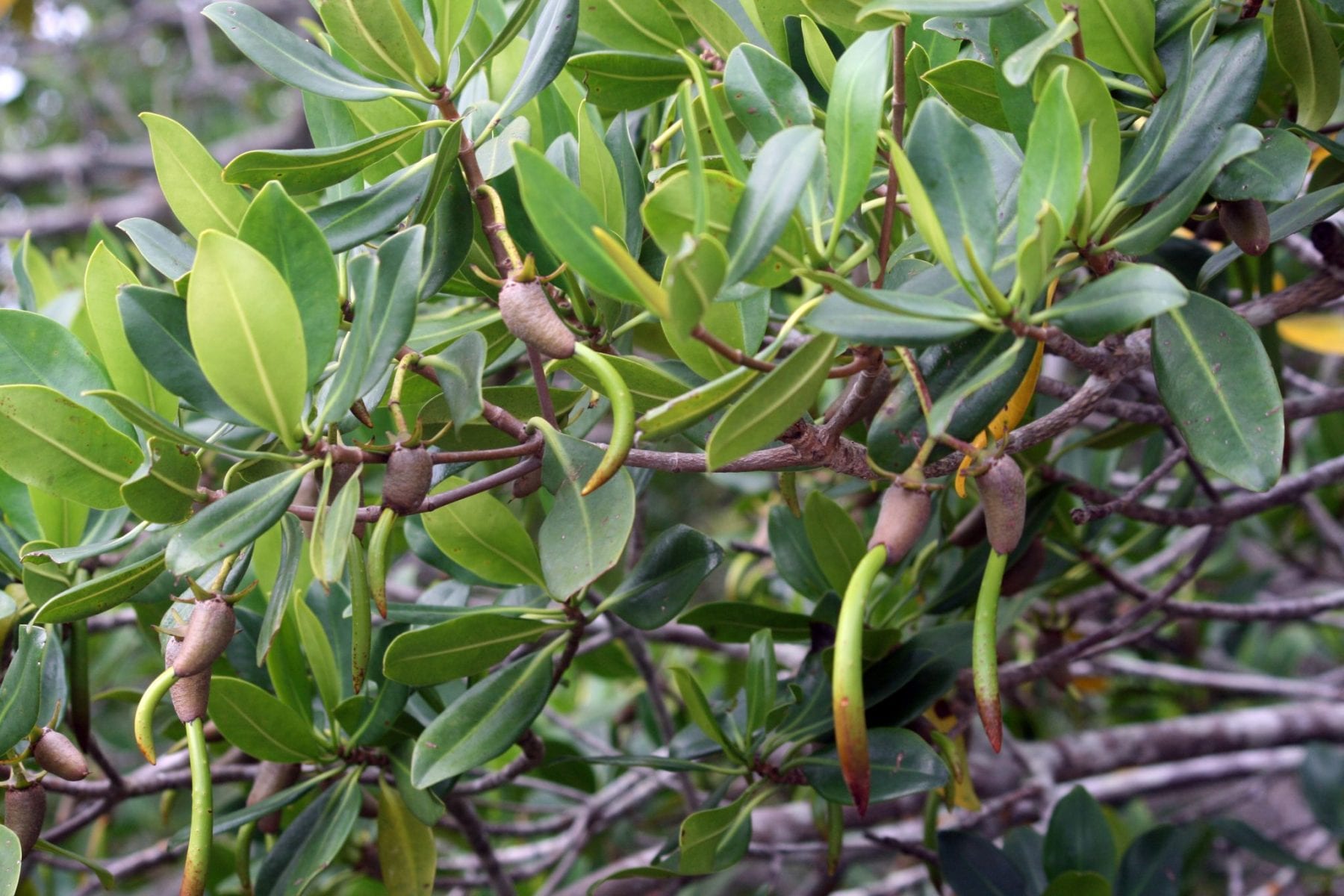
The Good Fortune II, a 35-passenger pontoon boat with a captain and naturalist makes its way from the dock out into rookery bay. Throughout the bay there are wading birds including Great White Egrets, Snowy Egrets, Tri-Color Herons and Little Blue Egrets. The Great Grey Egrets are the largest standing about 4 feet tall with a 6 foot wingspan. This year visitors have had a special treat of Roseate Spoonbills and Reddish Egrets. Both of these species are relatively rate but magnificent to see!
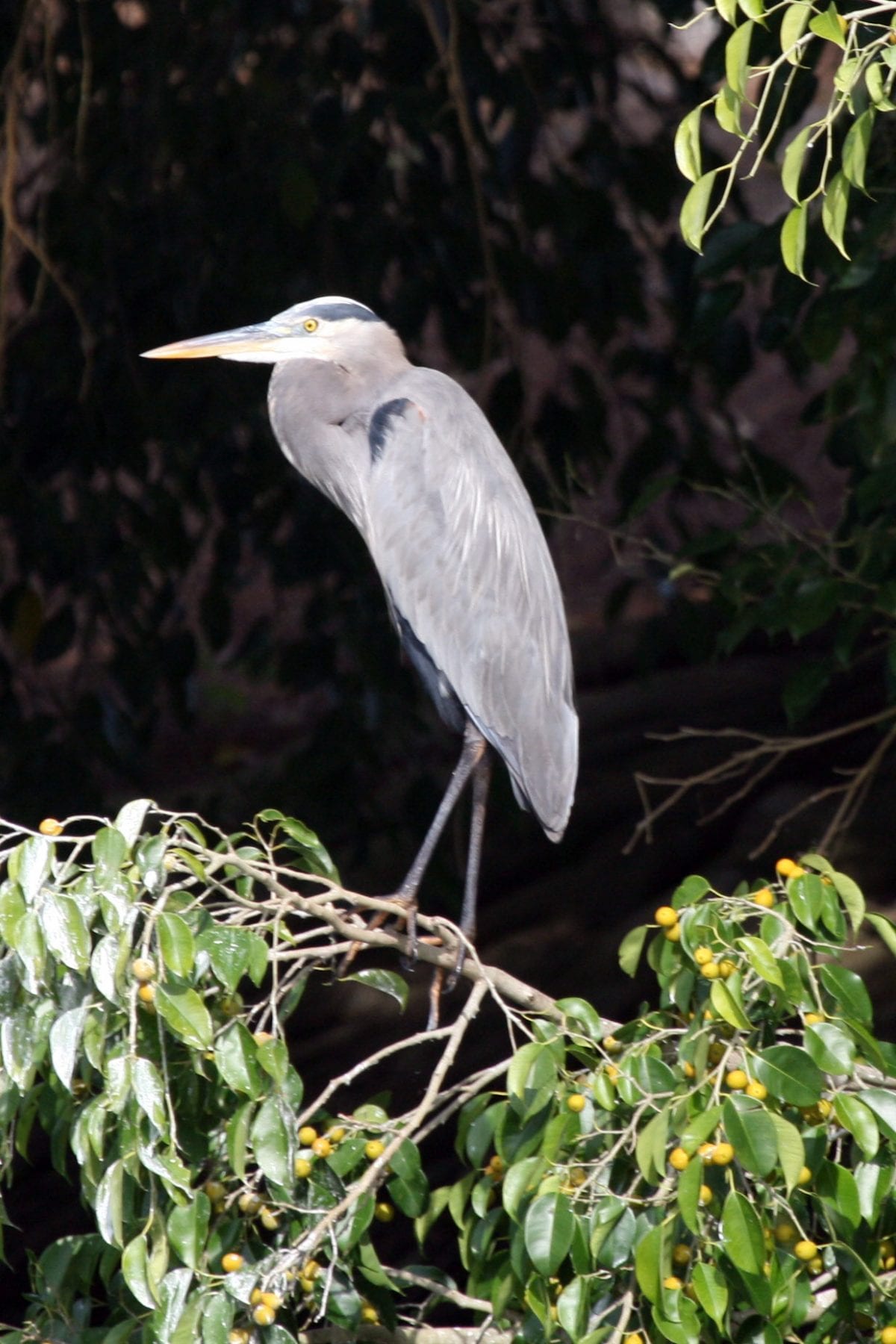
Our bald eagle pair in Hall Bay are in evidence and may be shoring up their nest after the storm as well as adding new lining and extra sticks to replace any that were lost. They usually raise a pair of chicks and typically lay their eggs in early December with the chicks hatching about a month later.
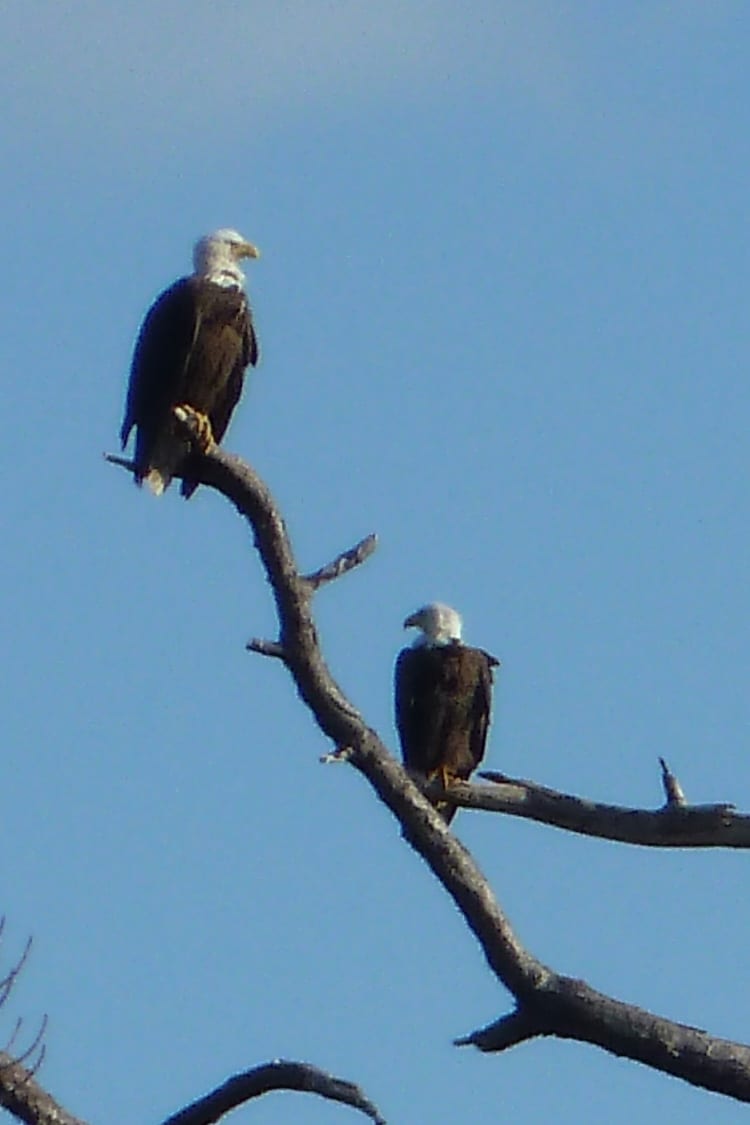
We also see brown pelicans, willets, terns and seagulls. One of our naturalists reported last week that the beautiful oyster catchers are back with their orange bills.
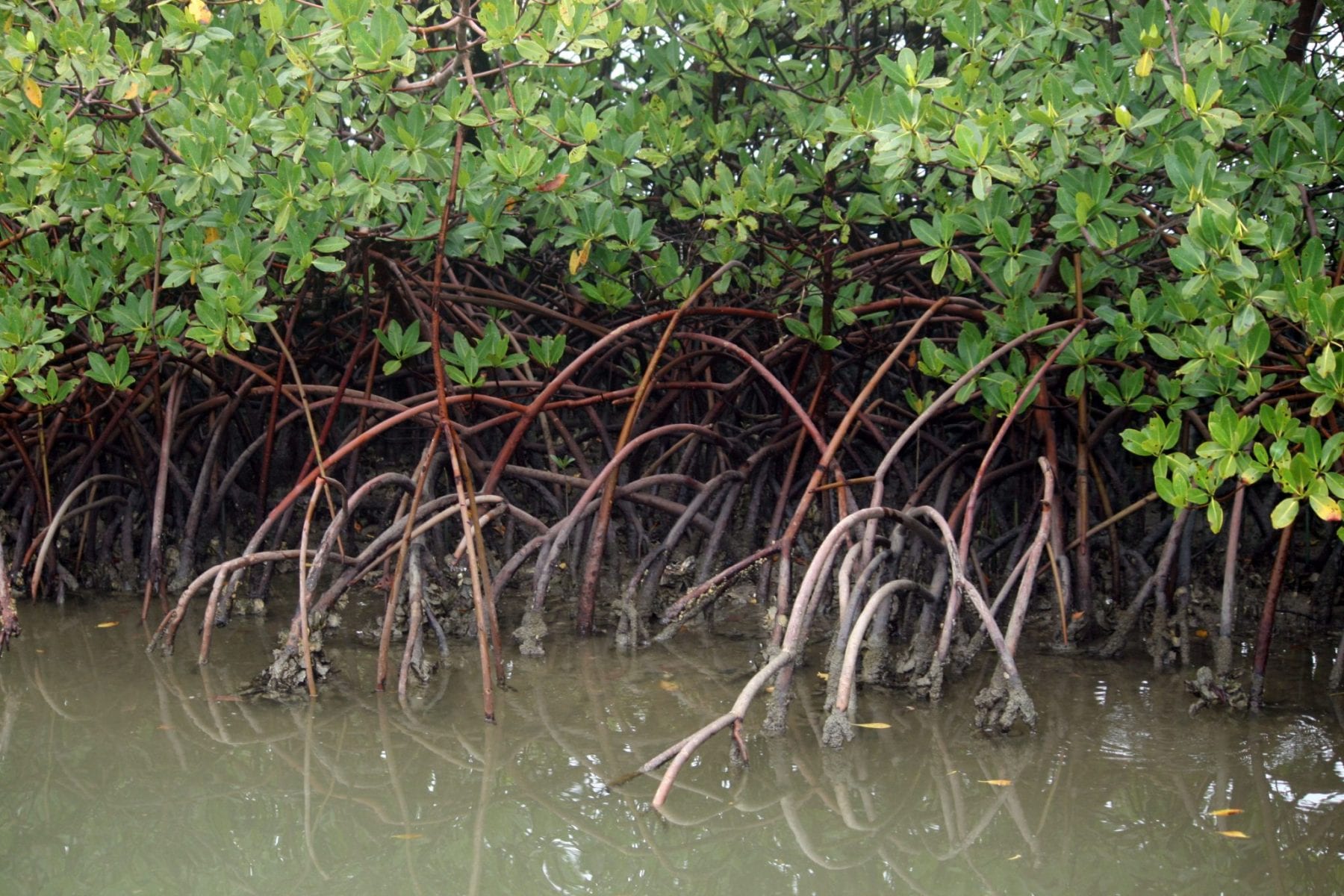
Depending on whether it is a lunch cruise or a sunset cruise the itinerary shifts slightly. The lunch cruise makes its way south to Isles of Capri for a lunch at Pelican Bend then back to the dock. The sunset cruise goes out to the Rookery Islands and waits for the thousands of birds that nest on these tiny islands to come in to roost just before sunset.
Last week on the way back to the dock after a luncheon cruise a dolphin was spied tossing a fish in the air and chasing it. He had probably had enough to eat that morning and was just playing, but the passengers really enjoyed watching him. We regularly see Dolphins and occasionally a Manatee.
Book your cruise on the Conservancy of Southwest Florida’s Good Fortune II at www.conservancy.org/goodfortune. All proceeds benefit the Conservancy of Southwest Florida.
Catherine Bergerson
Director, Communications and Marketing
Conservancy of Southwest Florida
1495 Smith Preserve Way
Naples, FL 34102
catherineb@conservancy.org | 239-403-4216
